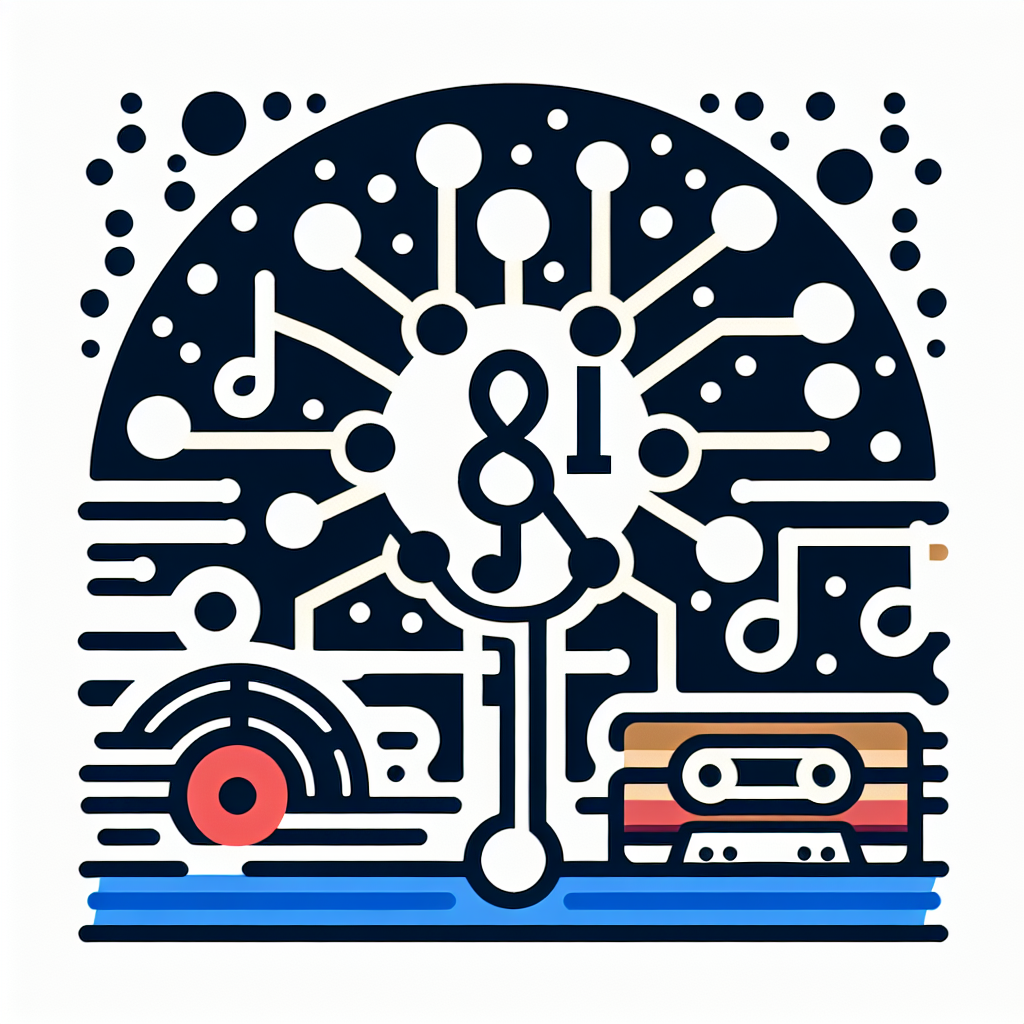In recent years, Artificial Intelligence (AI) has been increasingly used in the field of music preservation and restoration. This technology has revolutionized the way music is archived, restored, and shared with future generations. AI has the ability to analyze and process large amounts of data quickly and efficiently, making it an invaluable tool for preserving and restoring music that may otherwise be lost to time.
One of the key ways in which AI is being used in music preservation is through the digitization of analog recordings. Many older recordings are in formats such as vinyl records, cassette tapes, and reel-to-reel tapes that are prone to degradation over time. AI algorithms can be used to convert these analog recordings into digital formats, allowing them to be preserved and archived for future generations to enjoy.
AI can also be used to restore damaged or degraded recordings. For example, AI algorithms can remove pops, clicks, and other imperfections from recordings, making them sound as close to the original as possible. This technology has been particularly useful in restoring historical recordings that may have deteriorated over time.
Another way in which AI is impacting music preservation is through the creation of virtual concert experiences. Using AI algorithms, researchers can recreate the acoustics of historical concert halls, allowing listeners to experience performances as they would have sounded in the past. This technology has the potential to bring music history to life in a way that was previously impossible.
Additionally, AI is being used to analyze and categorize large music collections, making it easier for archivists to organize and catalog their holdings. This technology can help researchers discover new connections between different musical genres and styles, leading to a deeper understanding of music history.
Overall, the impact of AI on music preservation and restoration is profound. This technology has the potential to revolutionize the way we think about music history and ensure that future generations have access to a rich cultural heritage.
FAQs:
Q: How does AI digitize analog recordings?
A: AI algorithms can be trained to recognize patterns in analog recordings and convert them into digital formats. This process involves analyzing the audio data and converting it into a digital signal that can be stored and accessed electronically.
Q: Can AI restore damaged recordings?
A: Yes, AI algorithms can be used to remove imperfections from damaged recordings, such as pops, clicks, and scratches. This technology can make old recordings sound as close to the original as possible.
Q: How does AI create virtual concert experiences?
A: AI algorithms can be used to recreate the acoustics of historical concert halls, allowing listeners to experience performances as they would have sounded in the past. This technology can bring music history to life in a new and exciting way.
Q: How does AI analyze and categorize music collections?
A: AI algorithms can be trained to analyze and categorize large music collections based on various criteria, such as genre, artist, or time period. This technology can help researchers discover new connections between different musical styles and genres.
Q: What are some of the challenges of using AI in music preservation?
A: One of the main challenges of using AI in music preservation is ensuring that the technology is accurate and reliable. AI algorithms must be trained on large datasets of music recordings to ensure that they can accurately analyze and process audio data. Additionally, there may be ethical considerations when using AI to alter or manipulate historical recordings.
In conclusion, the impact of AI on music preservation and restoration is significant. This technology has the potential to revolutionize the way we think about music history and ensure that future generations have access to a rich cultural heritage. By digitizing analog recordings, restoring damaged recordings, creating virtual concert experiences, and analyzing music collections, AI is transforming the field of music preservation in exciting and innovative ways.

